Kathryn Harrison's book recommendations
The best-selling author recommends works by Charles Dickens, Rohinton Mistry, and more

Kathryn Harrison's new memoir, On Sunset, revisits her Los Angeles childhood and the grandparents who raised her on family stories. Below, the novelist and author of the best-selling memoir The Kiss names six of her favorite epic novels.
A Fine Balance by Rohinton Mistry (1995).
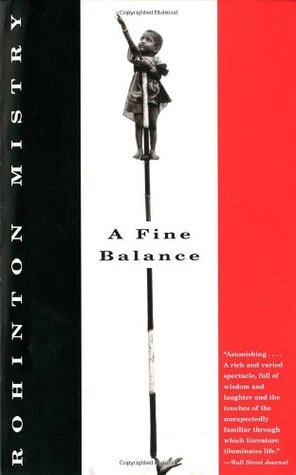
Set in India in 1975, A Fine Balance follows the chaotic fortunes of four people thrown together during a state of emergency declared by a corrupt and faltering government. Equal parts antic comedy and tragedy, Mistry's novel is a better introduction to the subcontinent than the best travel guide.
The Week
Escape your echo chamber. Get the facts behind the news, plus analysis from multiple perspectives.

Sign up for The Week's Free Newsletters
From our morning news briefing to a weekly Good News Newsletter, get the best of The Week delivered directly to your inbox.
From our morning news briefing to a weekly Good News Newsletter, get the best of The Week delivered directly to your inbox.
The Makioka Sisters by Junichiro Tanizaki (1949).
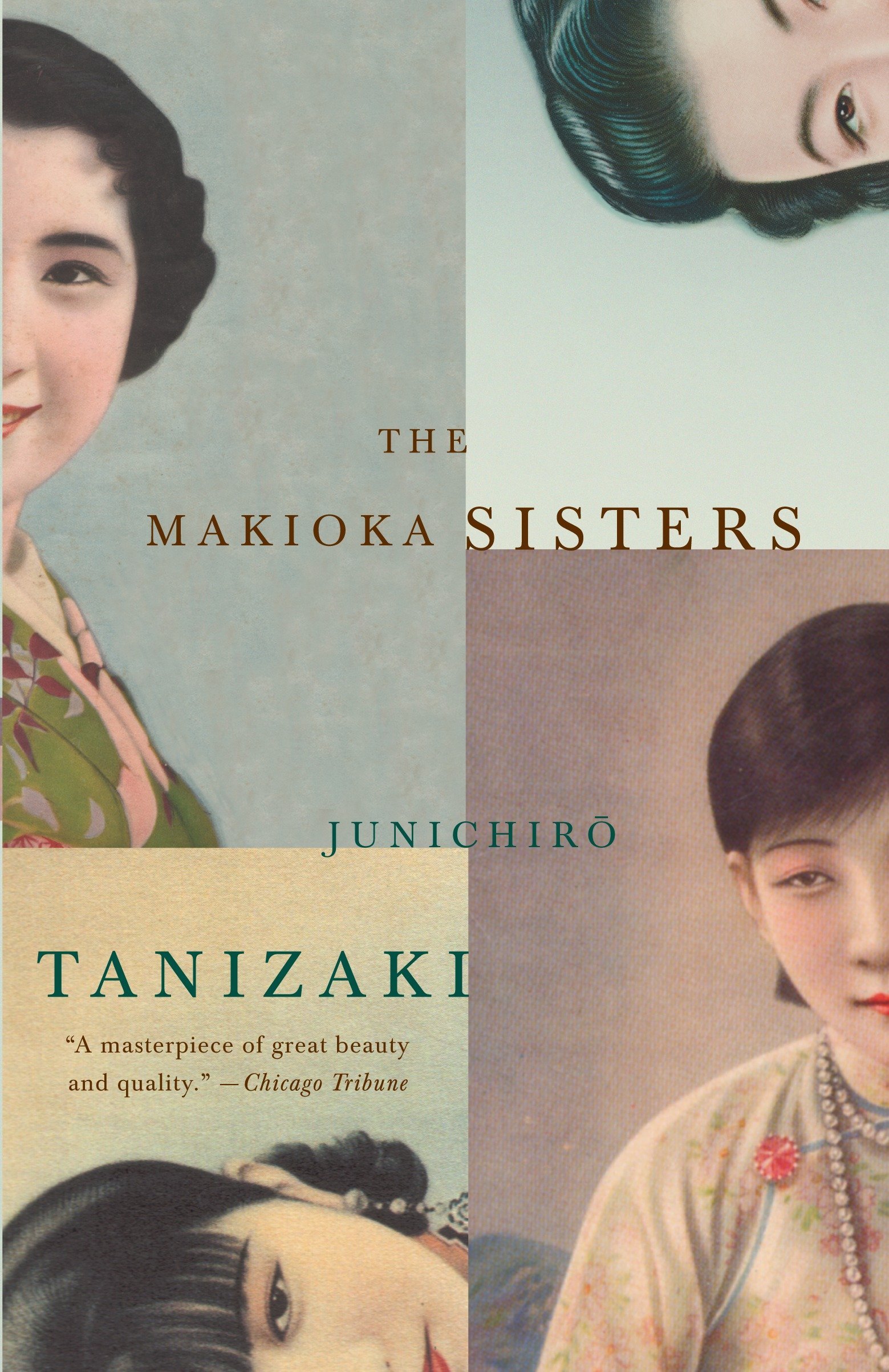
Nothing extraordinary happens in the Makioka sisters' lives. But their family's effort to make successful matches for the potential spinsters reveals a pre–World War II Japan that no longer exists: exalted and hobbled by decorum, a world that idle gossip had the power to destroy.
David Copperfield by Charles Dickens (1850).

"Whether I shall turn out to be the hero of my own life, or whether that station will be held by anybody else, these pages must show." Dickens answered the first line of the novel he identified as his favorite child with a bildungsroman fueled by fascination both for its inimitable characters and for their varied influences on the protagonist, an orphan forging his own identity.
A free daily email with the biggest news stories of the day – and the best features from TheWeek.com
Anna Karenina by Leo Tolstoy (1878).
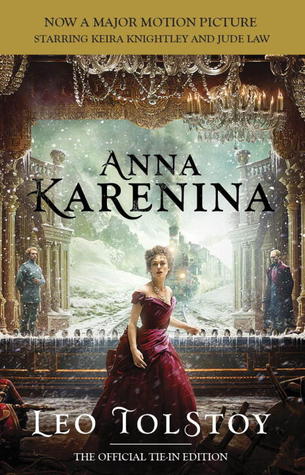
This book is as remarkable for its portrait of 19th-century Russia as it is for its heroine — one of the few to step out of her story and into literary history. The novel takes in all of Russia, from the bejeweled occupants of the boxes of St. Petersburg's opera house to the destitute in their tubercular hovels.
Dream of the Red Chamber by Cao Xueqin (1791).
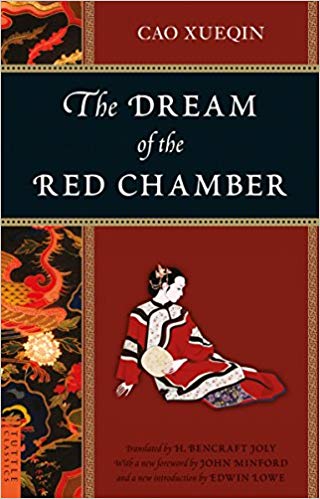
This semi-autobiographical family saga of Qing-dynasty China begins by questioning the division between truth and fiction. Among its attractions: a sentient stone, doomed love, rampant corruption, wives fighting with concubines, loss, ruin, and a great deal of family subterfuge.
The Leopard by Giuseppe Tomasi di Lampedusa (1958).
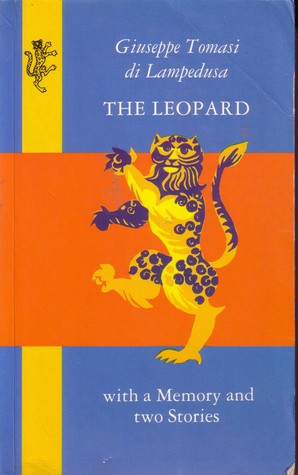
Like The Makioka Sisters, The Leopard is a nuanced portrait of a nation and culture poised for a sea change. Set in Sicily in the 1860s, it's a melancholy narrative, one driven by loss, as it follows the attempts of Don Fabrizio, prince of Salina (modeled on Lampedusa's great-grandfather), to navigate the collapse of the old feudal order.
-
 The best dark romance books to gingerly embrace right now
The best dark romance books to gingerly embrace right nowThe Week Recommends Steamy romances with a dark twist are gaining popularity with readers
-
 The ocean is getting more acidic — and harming sharks’ teeth
The ocean is getting more acidic — and harming sharks’ teethUnder the Radar ‘There is a corrosion effect on sharks’ teeth,’ a study’s author said
-
 6 exquisite homes for skiers
6 exquisite homes for skiersFeature Featuring a Scandinavian-style retreat in Southern California and a Utah abode with a designated ski room